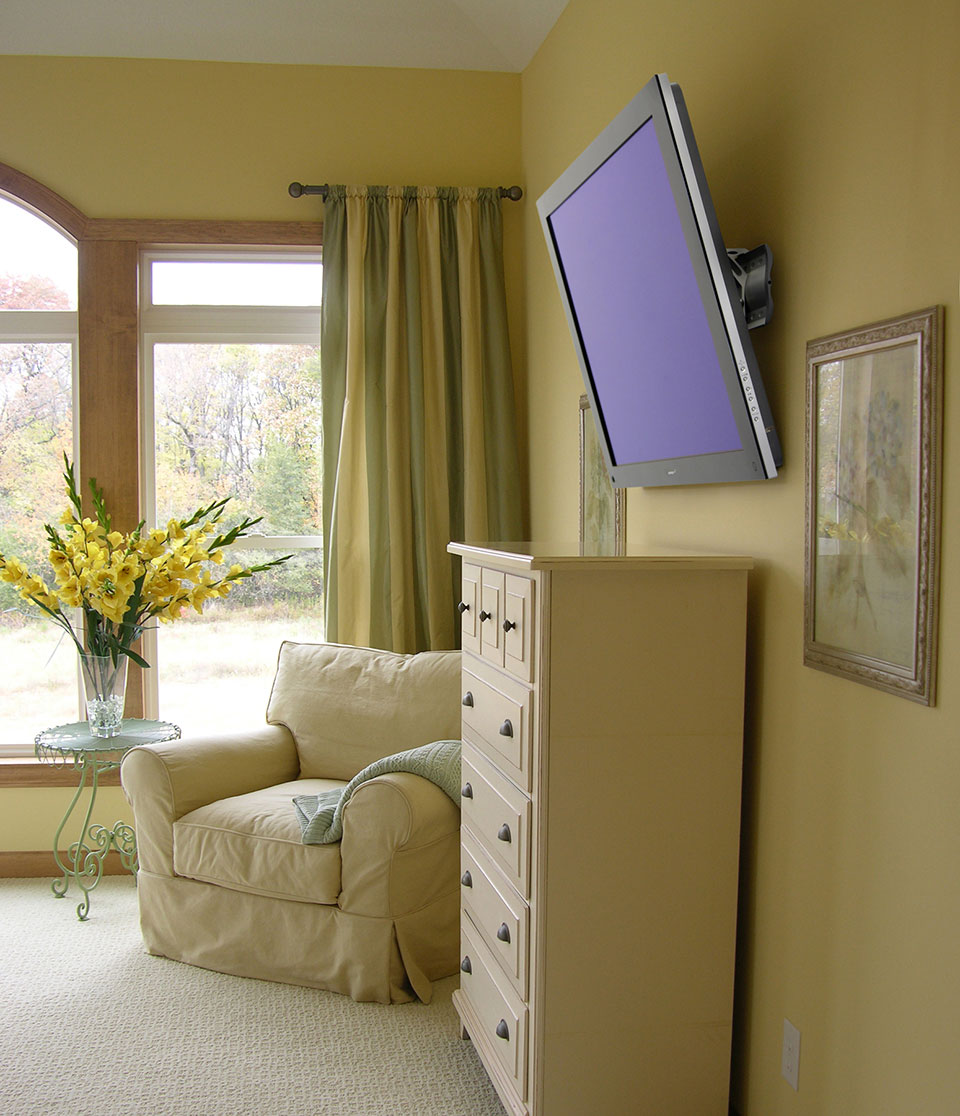
You probably have a good idea of what you're looking for in a home, the obvious considerations being the number of rooms, number of bathrooms, and location. There is, however, much more to consider. If you don't take a closer look at the home you want to buy, you may end up purchasing something that has major problems, some of which could be expensive or even impossible to repair.
Home inspection
You should never
buy a home without first having it inspected. A home inspector's job is to make sure the place is completely up to code. He or she will issue you a report that indicates anything in the home that would require attention or isn't as the home seller suggests. If things aren't in good condition, you can either ask the owners to make repairs or else negotiate a lower price.
Kitchen
With all the countertops, tile or hardwood floors, and cabinetry, not to mention appliances, a kitchen is the most expensive room in the home to remodel. A kitchen remodel can cost around $20,000, so, unless you want to undertake that project, you should make sure the kitchen is in good shape.
First, consider the appliances. Are they in good working order? Pay closest attention to the refrigerator, since it's the most expensive appliance. Consider how old each appliance is and if it's standard or built-in. Built-in appliances are generally more expensive to replace.
As for the rest of the kitchen, check the cabinets, floor, and counters. Make sure nothing is damaged, and check to see what each is made out of. You should know exactly what you're getting; for example, you may not want wood floors in your kitchen, as they can be damaged by water.
Bathroom
This is the next most expensive room to remodel, so pay close attention to it. Check for leaks or cracks in the toilet, sink, and tub or shower. Take a look at the ceiling below the bathroom. If there are water stains, there may be leaks in the pipes or somewhere else.
Other considerations
In addition to the suggestions above, take the following precautions:
- Make sure the foundation is level and not cracked.
- Find out if the heating and air conditioning systems are in good working order.
- Check the windows. Double-paned windows are easier to clean and can save you a fortune on heating and air conditioning.
- Investigate the plumbing. Is it a sewer system or septic? Is the septic full? Are there blockages?
- The roof shouldn't have cracked, missing, or curling shingles.
- Look carefully for signs of water in the basement. Water marks on walls or damage to belongings are sure signs that the basement floods.
- Make sure the home is properly insulated.
- Check the driveway and sidewalks for cracks and sunken areas. Even if they aren't bad now, they could cost a lot to repair in the future.
To give yourself some extra protection, especially if you're an inexperienced homebuyer, hire a
real estate agent and a good lawyer. They'll help to make sure you don't get taken advantage of in regard to paperwork (e.g., hidden clauses).
There are plenty of houses out there, so, even if you just have a bad feeling about a house or its owners, it's okay to move on to another one. Buying a home is a big investment, so you shouldn't agree to anything unless you're totally comfortable.